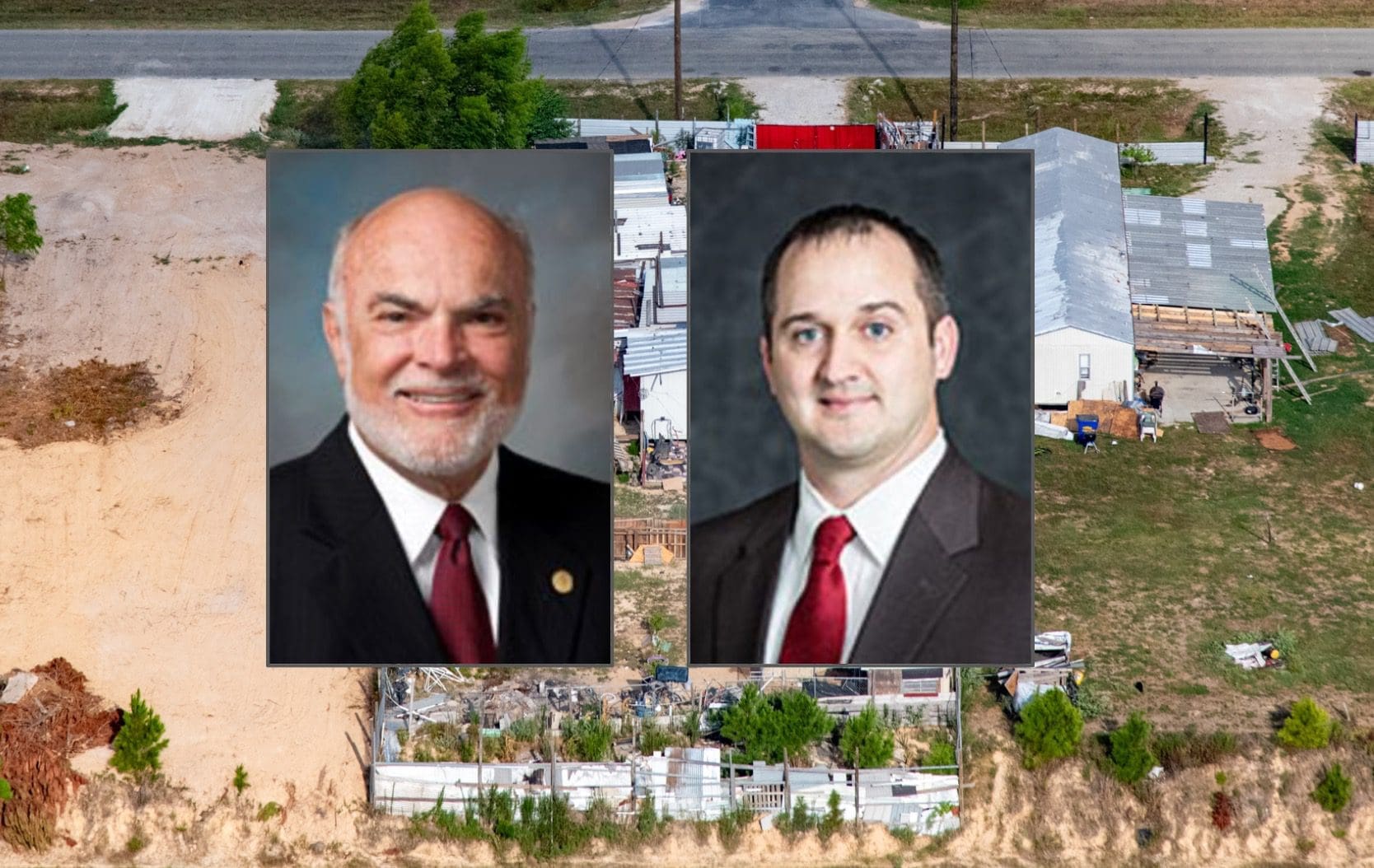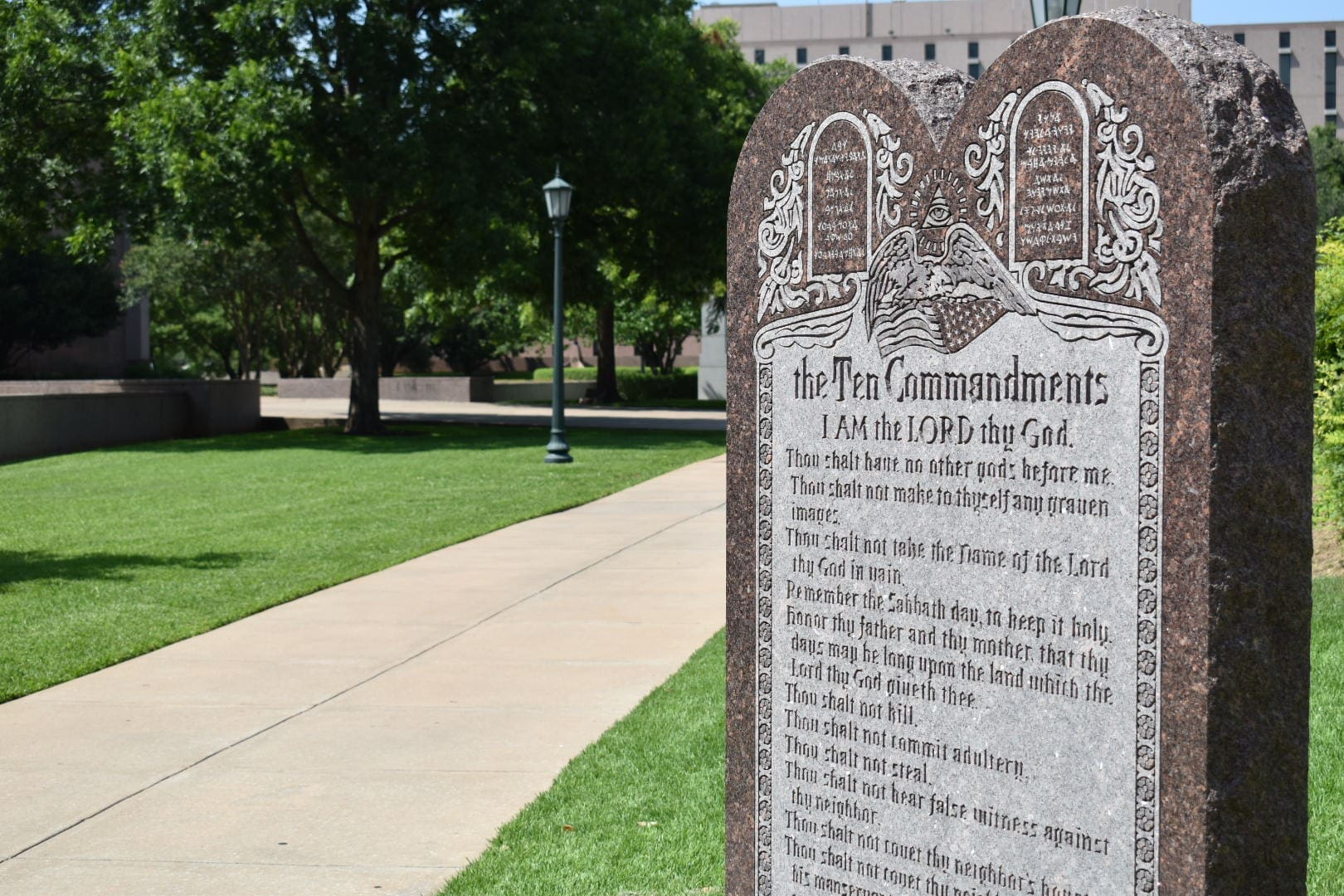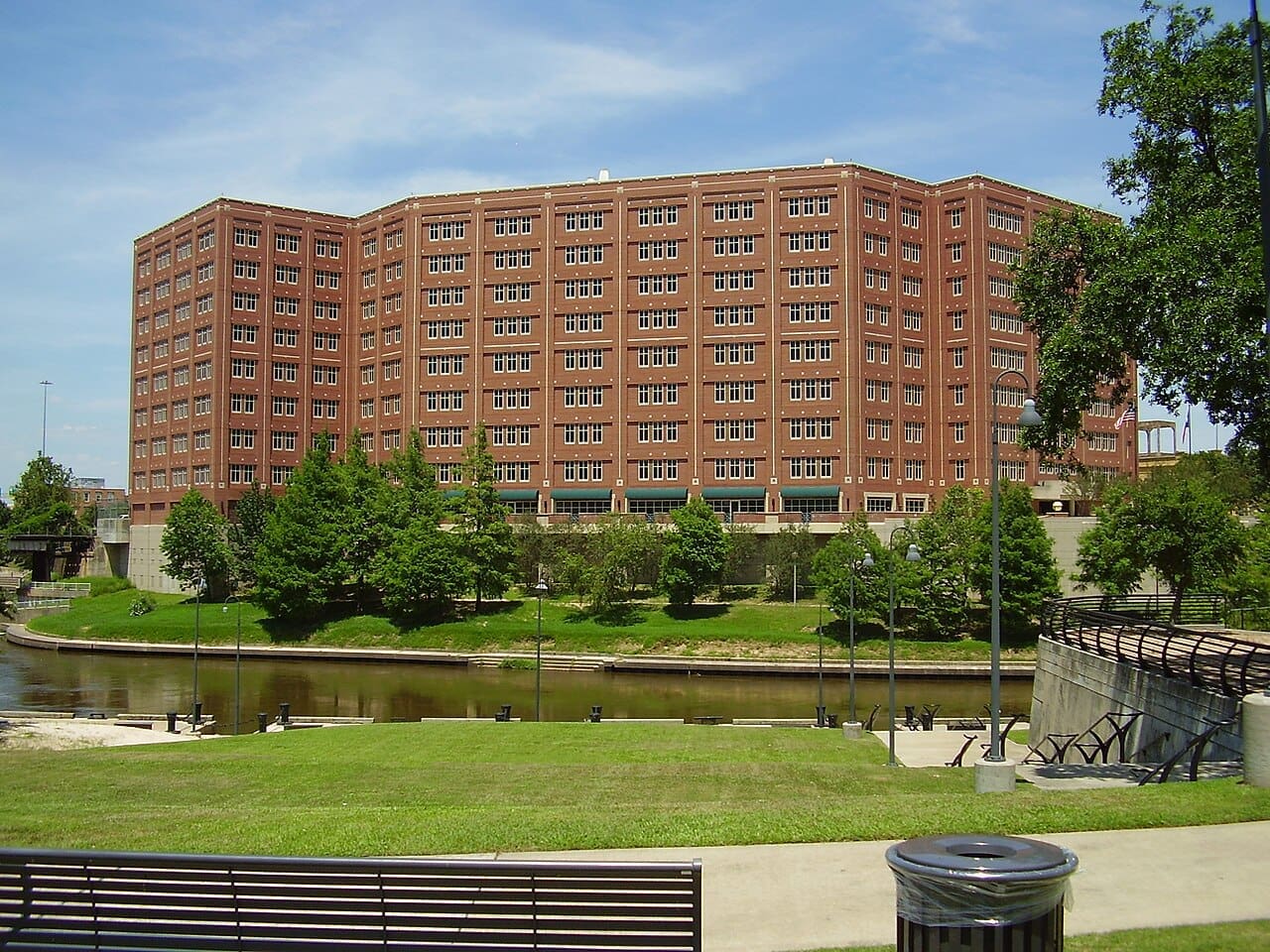Known nationally as a housing development for illegal aliens, Colony Ridge’s explosive expansion was made possible by a seemingly innocuous piece of legislation pushed quietly through the Texas Legislature in 2017.
As part of the current special session called by Gov. Greg Abbott, lawmakers are being asked to pass “Legislation concerning public safety, security, environmental quality, and property ownership in areas like the Colony Ridge development in Liberty County, Texas.”
Responding to inquiries from the state’s congressional delegation, Texas Attorney General Ken Paxton is laying blame for the “unmanageable” Colony Ridge at the feet of State Rep. Ernest Bailes (R–Shepherd) and State Sen. Robert Nichols (R–Jacksonville). Liberty County, the site of Colony Ridge, is in their districts.
“Upon investigation, the Office of the Attorney General found that Colony Ridge in particular was made possible by a specific arrangement created by Senator Robert Nichols and Representative Ernest Bailes,” writes Paxton in his letter to the Texas members of Congress. “In 2017, Representative Ernest Bailes and Senator Robert Nichols specifically took action on behalf of Colony Ridge to enact HB 4341 (Chapter 3795 of the Special District Local Laws Code) which established a small, five-acre Municipal Management District from undeveloped land in Liberty County.”
The legislation to which Paxton refers is House Bill 4341, from 2017. Bailes’ measure was placed by former House Speaker Joe Straus (R–San Antonio) in the Local and Consent Committee, ostensibly for non-controversial legislation with no statewide impact. The measure was moved with a batch of more than 100 pieces of legislation through the process, drawing no specific attention on May 19, 2017. The same can be said in the Senate, where less than a week later, the bill was among those considered on the “Local and Uncontested” calendar without debate.
Inside the legislature, it is the responsibility of the authors of such legislation to inform their colleagues of potential statewide problems that could be created.
Neither Bailes nor Nichols responded to a request for comment. The article will be updated should either offer a statement.
In the case of Colony Ridge, the development has sparked national outrage for reportedly advertising itself in Central and South America to individuals seeking to enter the country illegally. Under the authority of being a “municipal management district,” the real estate developers were allegedly able to leverage government bonds and other tools to finance their expansion. This, in turn, made it possible to offer “owner-financed” loans to people without legal authorization to be in the United States.
Specifically, the legislation created the Liberty County Municipal Management District No. 1 and gave it authority to “issue bonds” as “to impose assessments, fees, or taxes.” Under the legislation, the district’s board was to include the owner of the tract of land specified; that would be William “Trey” Harris III, who leads the Colony Ridge development. Harris currently serves as the district’s chairman.
Currently, three of the four other board “management district” members are employed by Harris’ development company. In other words, the real estate developers have governmental authority to impose taxes and issue bonds on the residents of the development.
Paxton described the MMD’s board as “unelected, unaccountable leaders of a city that is inhabited by an unknown population including unvetted foreign aliens and whose unsustainable growth is protected by a specific state carve-out.”
In his letter to Texas’ congressional delegation, Paxton describes Rep. Bailes and Sen. Nichols as manipulating the state’s municipal management district provision to facilitate the Colony Ridge development, contradicting the original law’s intention.
“I am beyond disappointed in Senator Nichols and Representative Bailes for apparently working to enrich specific developers at enormous expense to the rest of the public and reducing the quality of life for their own constituents,” added Paxton.
The district of U.S Rep. Brian Babin (R) includes Colony Ridge. He wrote an article detailing his ongoing concerns and frustrations with the development. “Various reports indicate that crime and violence have increased (including a cartel presence), wastewater contamination is flowing into bayous and drainage ditches, inadequate mitigation systems are causing widespread flooding, and an overwhelming burden now rests on existing infrastructure in the area – including schools, emergency services, roads, and more – and this is just a small glimpse into the state of affairs in Colony Ridge.”
Conservatives have long criticized the House’s “local and consent” calendar for being a refuge for legislation that might not otherwise survive the scrutiny of the regular legislative process.
No ads. No paywalls. No government grants. No corporate masters.
Just real news for real Texans.
Support Texas Scorecard to keep it that way!





